Boxes for foreign commentators at the Eurovision Song Contest, 1960. Thirteen nations competed in the contest which was televised by the 大象传媒 from the Royal Festival Hall on 29 March 1960.
The EBU (European Broadcasting Union) is the major association of public service media organisations, sharing and co-operating across Europe and beyond. It has over a hundred members, including the 大象传媒. The EBU is best known for the international broadcasting event The Eurovision Song Contest and for its signature Eurovision fanfare, from Charpentier’s Te Deum. But it was set up to apportion radio wavelengths and foster co-operation between countries.
The EBU was born in a post-war Europe divided by the start of the Cold War, from a struggle between competing ideologies trying to shape the broadcasting landscape. It was established on 12 February 1950 at a conference in Torquay. The first elected president – emphasising the crucial part played by the 大象传媒 in its formation - was the 大象传媒s Director of Overseas Services, Major-General Sir Ian Jacob. The first live television broadcast from Europe followed in August, with an outside broadcast from Calais. The first major Eurovision broadcast was the Coronation of Queen Elizabeth in 1953, seen live across the continent.
Today the EBU facilitates exchanges of sports and music events – such as the Vienna Philharmonic’s New Year’s Day Concert - as well as news content between member organisations. In the past it brought the European game show Jeux Sans Frontieres to viewers. But its most enduring idea remains the Eurovision Song Contest, first staged in 1956 and now an institution spreading far beyond Europe.
February anniversaries
-

Blue Peter 5000th edition
1 February 2018 -
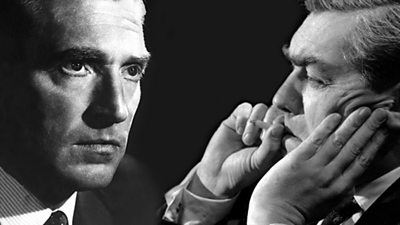
Face to Face
4 February 1959 -
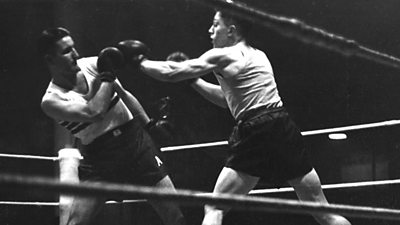
First TV Sports commentary
4 February 1937 -
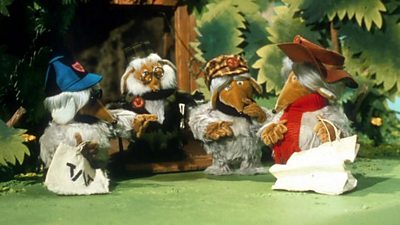
The Wombles
5 February 1973 -
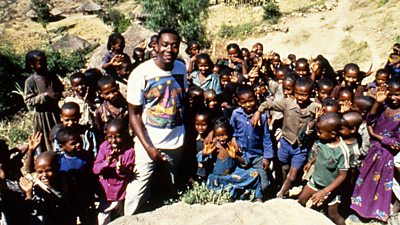
A Night of Comic Relief
5 February 1988 -
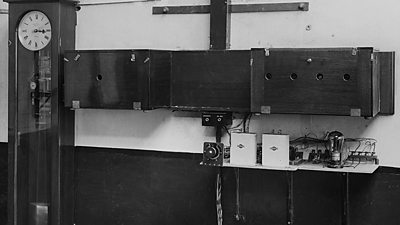
Greenwich Time Signal - the 'pips'
5 February 1924 -
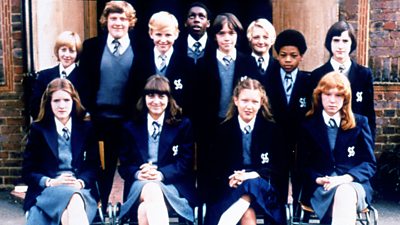
Grange Hill
8 February 1978 -
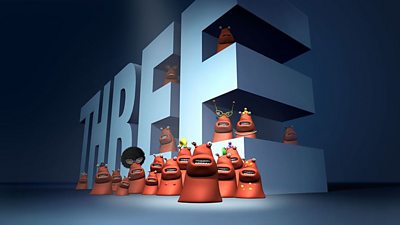
大象传媒 Three is launched
9 February 2003 -
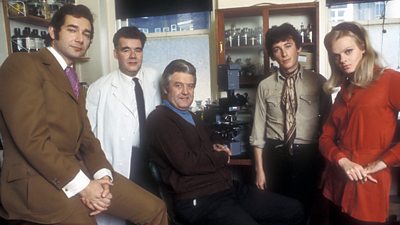
Doomwatch
9 February 1970 -
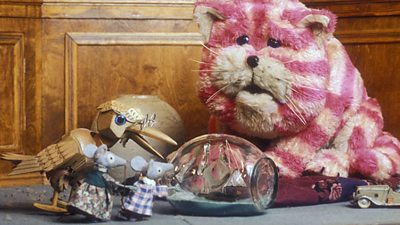
Bagpuss
12 February 1974 -
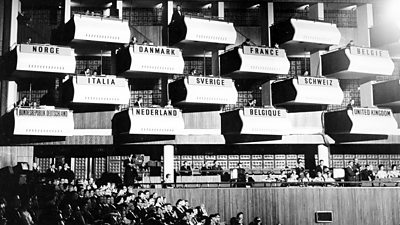
The EBU - European Broadcasting Union formed
12 February 1950 -
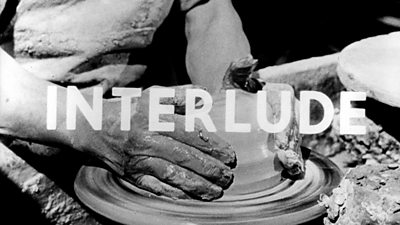
Potter's Wheel Interlude
16 February 1953 -
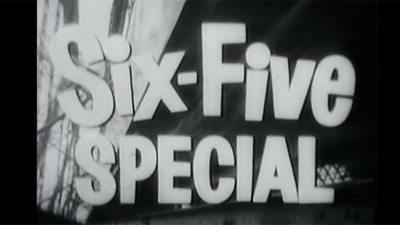
Start of Six-Five Special
16 February 1957 -
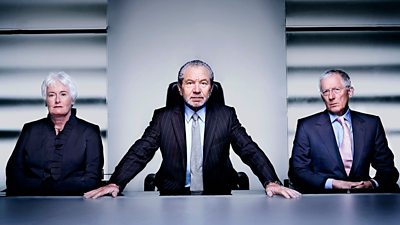
The Apprentice
16 February 2005 -

Hospital Watch
17 February 1986 -
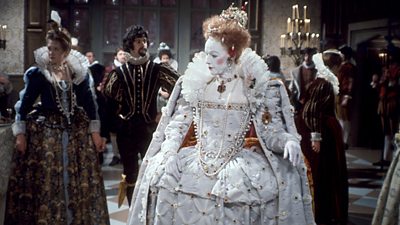
Elizabeth R
17 February 1971 -
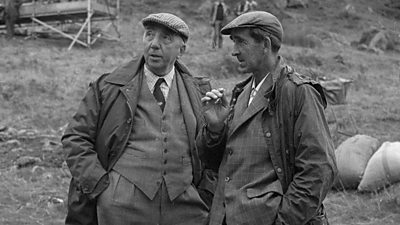
One Man and His Dog
17 February 1976 -

Antiques Roadshow
18 February 1979 -
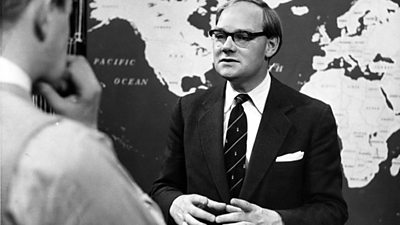
Tonight launched
18 February 1957 -
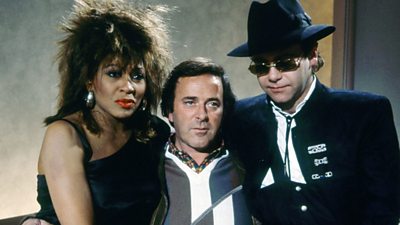
Wogan
18 February 1985 -

EastEnders first episode
19 February 1985 -
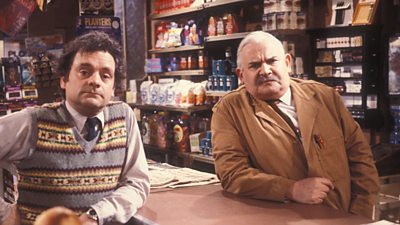
Open All Hours
20 February 1976 -
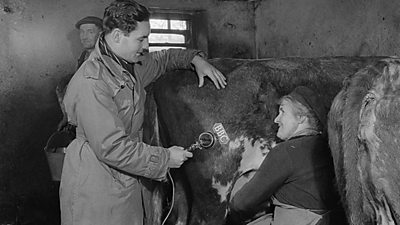
First national broadcast of prices for farmers
20 February 1925 -
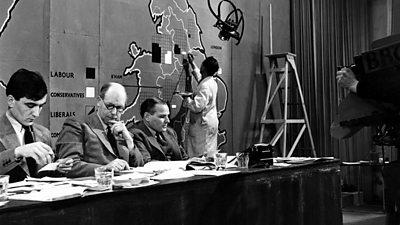
General Election results televised for the first time
23 February 1950 -
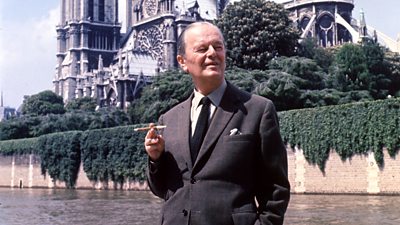
Civilisation
23 February 1969 -
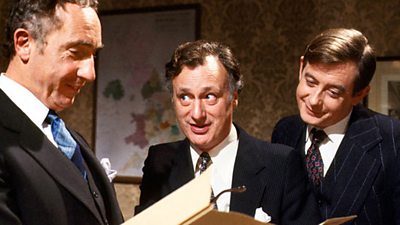
Yes Minister
25 February 1980 -
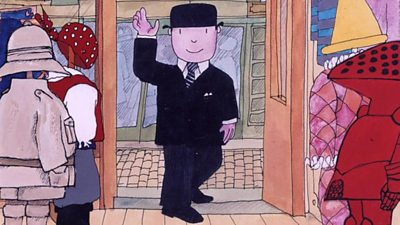
Mr Benn
25 February 1971
